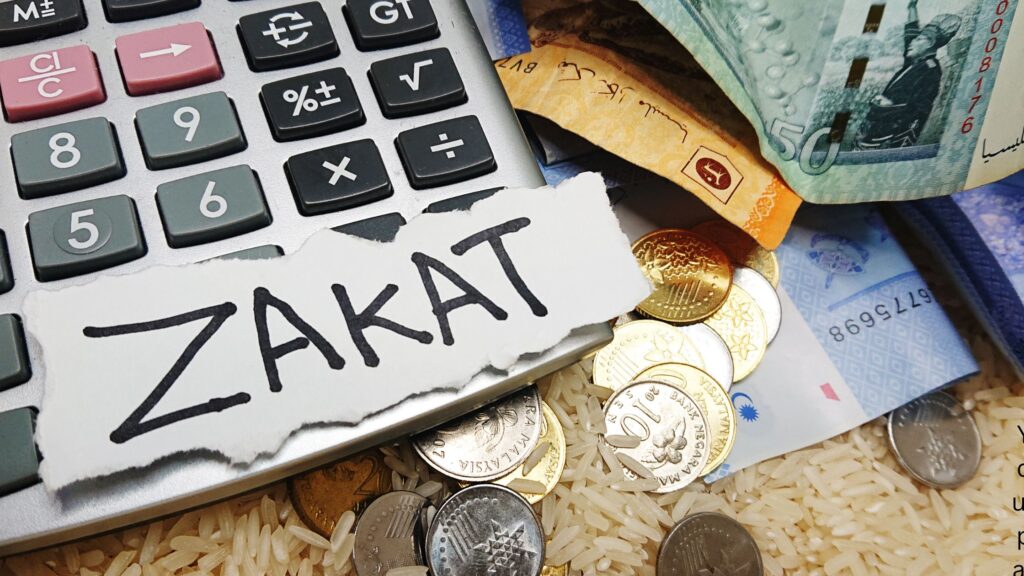Debt relief can ease the burden of overwhelming debt, but is it really right for you? Let’s find out!
Onigbese. Oji Ugwo. Mai rikon Bashi. Débiteur. Deudor. Schuldner. Debitore
All these words in different languages mean one thing: Debtor.
No one likes being a debtor, but sometimes life happens, and you need a little help. Unfortunately, life could happen again, and repaying that ‘little help’ could be one of the most challenging tasks ever. This is where debt relief comes in.
What’s that all about, you ask? Today’s edition of the SimplVest newsletter gives you insight on:
- ❔What debt relief is
- ⚙️How it works
- 3️⃣Three things you should know before using one
Ready? Here we go!
The Lowdown on Debt Relief Companies
Ever heard of debt relief or debt settlement companies? They offer solutions for handling credit card debt, tax debt, and more.
But hold on! They’re not a universal fix. These companies can’t tackle secured loans like mortgages or auto loans. And while they sound like saviors, rushing in mindlessly can create fresh financial trouble.
How Does Debt Relief Work?
Picture this: Debt relief companies step in and mediate with your creditors. They’re like the negotiators of the financial world.
What do they do? They’ll tell you to pause your payments and save that money in an account they set up. And while you’re building up your treasure chest, these experts are haggling with your creditors.

They’re aiming to lower the amount you owe – the logic is simple: a piece of the pie now is better than waiting for the whole cake later. Once a deal is struck, they use the money in your savings to pay off the agreed-upon amount.
New Era Debt Solutions is one of the best debt relief companies, thanks to its (slightly) lower fees and high customer satisfaction ratings. If you have a large debt (more than $10,000), National Debt Relief is also a strong choice.
Sounds cool. But remember, it’s not all rainbows and unicorns. These services come with a steep price – fees ranging from 14% to 25% of your enrolled debt. That’s not all you have to look out for, though.
The Not-So-Rosy Side
Before you take the plunge, here are some reality checks from using debt relief:
Credit Score Blues

Debt relief can send your credit score on a roller coaster ride. For one thing, missed payments drag down your score. And a bad credit score is no good tiding.
Not paying debt under certain companies can decrease credit scores since payment history is a big part of the FICO scoring system (35%) and can impact scores for up to seven years.
Debt settlement can also cause a credit score hit since it shows on a credit report that a settlement company was necessary. A hit of around 100 to 125 points can be expected, according to Debt.org.
Tax Troubles
Keep in mind that if you do end up having your debt settled, you may still be responsible for paying taxes on that forgiven debt. This is because under US tax law, any debt over $600 that’s forgiven is considered taxable income*.
This means that you may receive a Form 1099-C from your lender, which you’ll need to report on your annual income taxes. For example, if you settle $10,000 of a $20,000 credit card debt, the remaining $10,000 will be added to your income for the year, which could increase your tax obligation.
Before working with a settlement company, it’s a good idea to consult a tax professional who can help you understand how this will affect your taxes.
*In the UK, the situation is a bit different. Generally, forgiven debts aren’t considered taxable income for individuals. However, if a debt is forgiven in a business context, it might be seen as a profit and, therefore, be subject to taxation.
In Canada, the rule is similar to that of the UK. Personal debts forgiven are typically not taxed as income.
Scam Alert

Not all heroes wear capes. A staggering number of debt relief scams exist, even though some legit companies exist.
Watch out for these warning signs:
- unsolicited outreach,
- upfront fees,
- unrealistic guarantees,
- and being asked to stop communicating with creditors.
If a debt relief company exhibits any of these red flags, it’s best to avoid doing business with them.
Exploring Alternatives
Debt relief isn’t your only ticket to financial freedom:
DIY Approach: You can negotiate directly with creditors. It takes time, but it’s possible. The catch? No hefty fees.
Pay It Off Smart: Consolidate your debts or tweak payment schedules. Negotiate lower interest rates or work with methods like the debt avalanche or snowball.
Non-Profit Allies: Don’t ignore non-profit credit counselling. They’ve got strategies to manage debts while saving you from significant fees.
The Bottomline
If you’re struggling with debt, you may have considered hiring a debt relief company to help settle your debts.
While these companies can effectively reduce the total amount you owe, it’s essential to be aware of the potential risks that come with their services. Not only do they charge a large fee, but you could also face credit damage, a hefty tax bill, and even potential lawsuits.
Before jumping into this option, consider alternatives such as consolidating your debt and paying it off on your own or creating a debt management plan with a credit counsellor. These options could be a safer and more cost-effective way to get your finances back on track.












